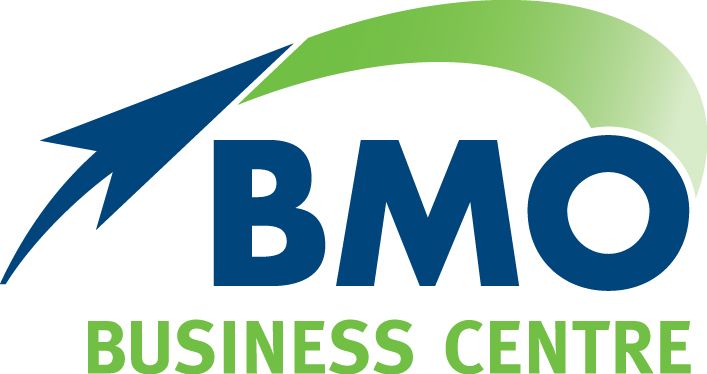BLOG

About 36% of homeowners still have a mortgage when they retire, up from 23% a decade ago. This increase in mortgage debt is due to soaring property prices, changes in retirement ages and easy access to drawdown equity loans (where you use your home as security to get a loan, which can be used to fund travel, medical costs and other expenses).

More than half of us set a new financial goal at the beginning of 2025, according to ASIC’s Moneysmart website. While most financial goals include saving money and paying down debts, the months leading up to 30 June provide an opportunity to review your super balance to look at ways to boost your retirement savings.










